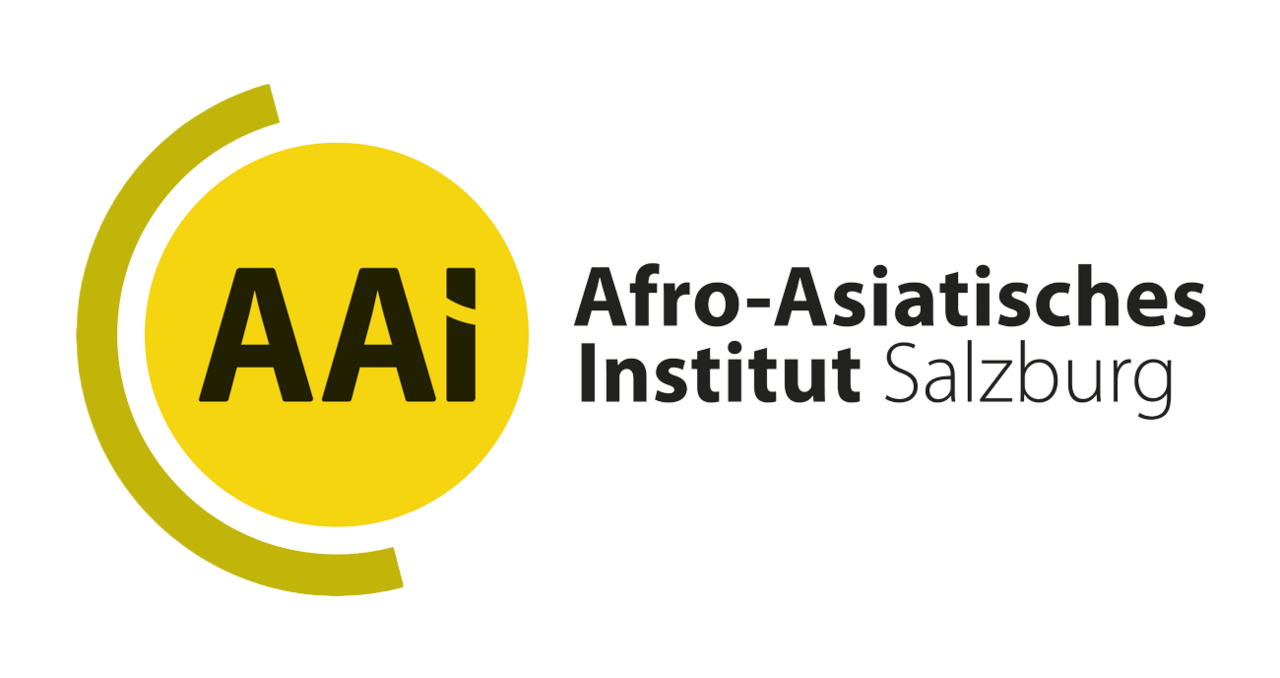Anti-racism skills for training, counselling, education
A further education programm

A further education programme
of the Platform Human Rights Salzburg,
the Anti-Discrimination Centre in the City of Salzburg
the Afro-Asian Institute Salzburg and
the Peace Office Salzburg
in cooperation with MELANIN TALK and The BIPOC Circle
Further education programme
Anti-racism skills for training, counselling and education
The training is aimed at active multipliers, trainers or teachers from the fields of social work, schools, youth, education, labour market policy measures, refugee support, integration, community work, administration, as well as volunteers and interested parties.
Module 1, Friday 4 October 2024, 9 am - 6 pm
Introduction / Basics on anti-discrimination with a focus on racism, sexism and intersectionality / My position: Unconcious Bias & Privilege
Trainer: Nedžad Moćević / Coordination: Maia Loh
Module 1 provides participants with in-depth knowledge to understand the complex relationships and structures of racism, sexism and intersectionality. Furthermore, participants are sensitised to unconscious prejudices and gain an understanding of privilege in different contexts. By expanding their analytical skills, participants gain a comprehensive understanding of these topics, which they can then communicate in a practice-orientated way.
Methods dealing with intersectionality, sexism and racism.
Module 2 Saturday, 5 October 2024, 9 am - 3 pm
Anti-racism work and me: planning practical projects
Trainer: Chantal Bamgbala / Coordination: Maia Loh
Module 2 possibly small exercise. Reflection on the previous day. Open questions.
In Module 2, participants learn how to plan and organise workshops or other awareness-raising formats in order to effectively incorporate anti-discriminatory and especially anti-racist approaches in their own work. Helpful tools and materials are prepared and provided for this purpose. In addition, this module prepares participants for their practical time as part of the further education programme.
Checklist for racism-critical organisational development.
Have a plan for how the participants can implement projects. Resources.
Share materials that participants can work with.
Anti-racism work in different contexts.
School / organisations / adult education / companies.
Extension of the activities in the practical project: newspaper articles/image analysis.
Module 3 in the period October / November 2024
Realisation of a practical project with written reflection.
Participants use the time to gain practical experience. This is followed by a written reflection. This will be discussed together in Module 4.
Framework: 2-3 pages
Organisation: A list of thematically suitable local events is drawn up that the participants can attend. Practical projects can also be a discussion of content, e.g. preparation of a concept for a workshop, discussion of methods. Thematic groups can also be formed in order to have a peer group during the practical time.
Module 4, Friday 29 November 2024, 9 am - 6 pm
Presentation of the practical project & exchange / conflict management / reflection
Trainer: Adjanie Kamucote / Coordination: Barbara Sieberth
Participants will have the opportunity to discuss the practical projects in detail and share recipes for success.
An important focus is also on difficult situations, with which conflict management is worked out together.
Participants can simulate anti-racism workshops using role plays. Sufficient space for reflection and discussion rounds off the module's focus.
Module 5, Saturday 30 November 2024, 9 am - 3 pm
Discrimination structures of the present / Empowerment & allyship
Trainers: Christine Bayer-Borrero, Chora Pies (online input requested) / Coordination: Barbara Sieberth
Ideas: Impulse on current discussions/problems (decolonisation/racism-critical conflict management), dealing with regulars' table slogans, or dealing with hate online / dos & don'ts in empowerment & allyship
In this module, participants gain an insight into challenging structures of discrimination in contemporary society. These structures are characterised by imperial and colonial pasts and continuities, conflicts and claims to power. Strategies against these structures are taught. The participants are then divided into two groups. Group A (negatively affected people) deals with the topic of ‘empowerment’. Group B (people who feel predominantly privileged) deals with ‘allyship’.
In addition:
When registering, give impulses on how to prepare.
Suggestions for practical projects
Give feedback on the participants' texts
Speakers: We would like to involve the participants of last year's training programme in this session.
Trainers:
Chantal Bamgbala is a cultural scientist, anti-discrimination trainer and author. She is the initiator and organiser of the African Diaspora Festival & co-founder of the platform ‘Melanin Talk’. She works for the ‘D!SRUPT’ association and runs preventative anti-discrimination workshops at Austrian schools.
Christine Bayer-Borrero is a secondary school teacher specialising in education and learning support in urban contexts. She is co-founder and co-organiser of The BIPOC Circle, a community initiative for Black, Indigenous or People of Colour living in Austria, Germany and neighbouring countries.
Cora Bieß is an educational scientist, peace researcher, political scientist and author. She worked as a social pedagogue in youth protection with unaccompanied refugee minors. She is a consultant at the Platform for Civil Conflict Transformation and works at the Berghof Foundation in the Global Learning Department for Conflict Transformation.
Adjanie Kamucote is a social worker, mental coach, language support pedagogue, anti-discrimination trainer and author. She works at the mafalda association in feminist open youth work and in counselling and prevention for girls and young women. She founded the platform afromäßigösterreichisch, and is a co-founder of MELANIN TALK and the D!SRUPT association.
Nedžad Moćević is a researcher at the Department of Applied Social Sciences at the Salzburg University of Applied Sciences, specialising in group-related misanthropy. He is also a trainer at the Extremism Advice Centre and an independent trainer and consultant in the field of interculturality and diversity.
Coordination:
Barbara Sieberth is head of the political education department at Friedensbüro Salzburg. She is a lawyer and trainer specialising in gender, diversity, anti-discrimination and participation.
Maia Loh is a cultural and social anthropologist and education officer at the Afro-Asian Institute Salzburg. She is a member of The BIPOC Circles, the AntiRa collective, and coordinates the antiracism network salzburg.
